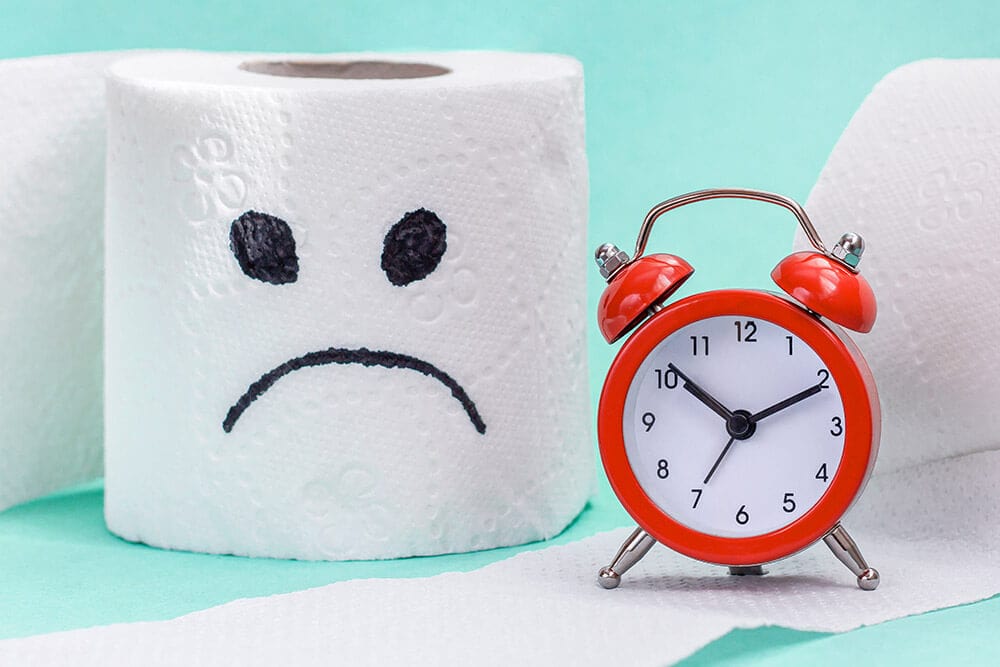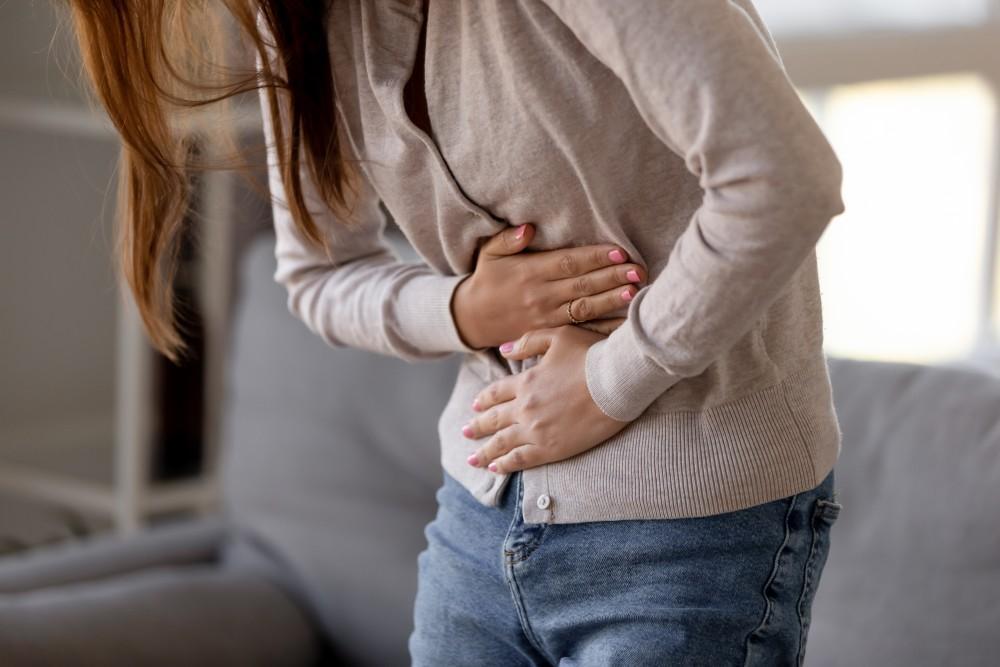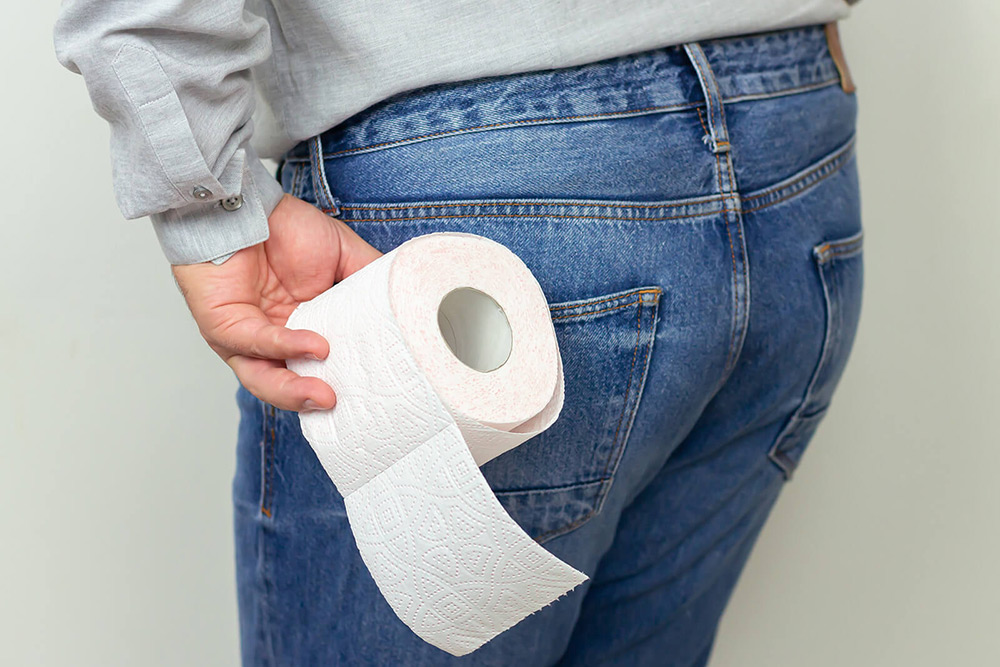Expert Treatment for Crohn's Colitis by Dr. Bharat Pothuri
Dr. Pothuri uses a step-by-step approach:
Medical History and Physical Exam
He discusses the nature and location of your epigastric pain, reviews any weight changes, bowel habit alterations, family history of Crohn's disease, and checks for abdominal tenderness or extra-intestinal signs.
Laboratory Tests
Blood work includes a complete blood count (CBC) to detect anemia, C-reactive protein (CRP) and erythrocyte sedimentation rate (ESR) for systemic inflammation, and fecal calprotectin to quantify gut-specific inflammation.
Endoscopic Evaluation
- Colonoscopy to examine the colon and terminal ileum for ulcers, strictures, and characteristic Crohn's lesions.
- Upper endoscopy if epigastric discomfort suggests involvement of the stomach or duodenum.
Imaging Studies
- MRI Enterography to visualize the small bowel, assess the extent of inflammation, and detect fistulas or abscesses.
- CT Enterography for rapid assessment in acute settings or when MRI is contraindicated.
Biopsy and Histology
Tissue samples obtained during endoscopy are examined microscopically to confirm transmural inflammation and look for granulomas typical of Crohn's disease.
Advanced Testing (if needed)
Capsule endoscopy or small-bowel follow-through studies can survey portions of the intestine beyond the reach of conventional scopes when symptoms persist.

Frequently Asked Questions
What is the difference between Crohn's esophagitis and GERD?
Crohn's esophagitis is caused by inflammation from Crohn's disease affecting deeper layers of the esophagus. GERD results from stomach acid reflux irritating the surface lining. Both cause heartburn, but their treatments differ.
How soon will I feel better after treatment?
Most patients begin to notice relief within a few weeks of starting prescribed medications and dietary adjustments. Individual response times may vary.
Can Crohn's esophagitis lead to cancer?
Long-term inflammation can slightly increase cancer risk, but regular endoscopic check-ups and biopsies allow for early detection and management of any changes.
Is esophageal dilation painful?
No. The procedure is done under light sedation. You may feel mild pressure, but most patients tolerate it well and go home the same day.
Will I need to take medicine long-term?
Many patients require ongoing medication to prevent flare-ups and protect esophageal tissue. Dr. Pothuri will design a personalized maintenance plan based on your condition.












